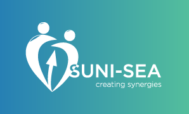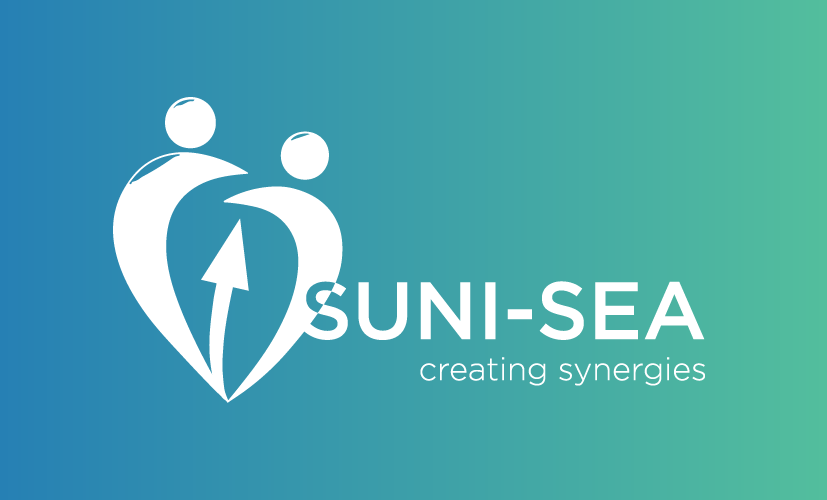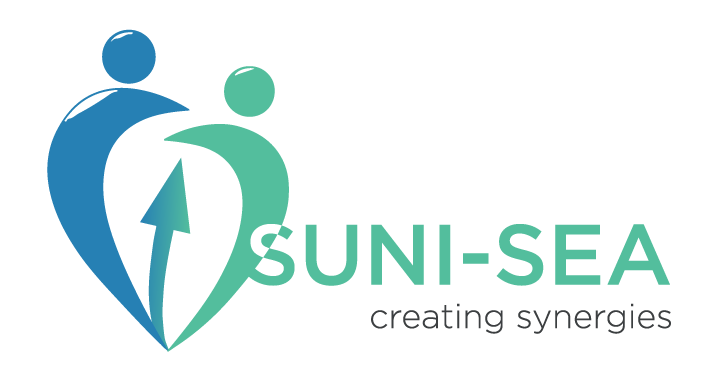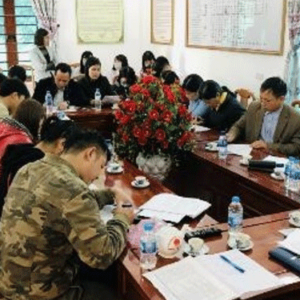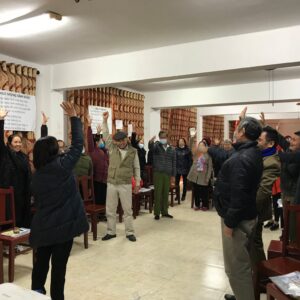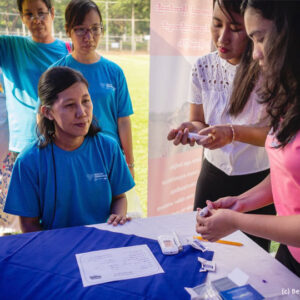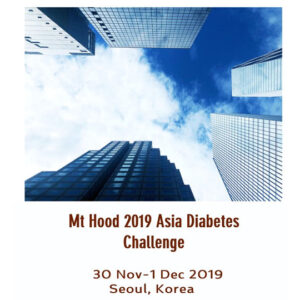In late 2020, a SUNI-SEA project kick-off workshop was organised among local stakeholders in Ninh Binh province in the north of Vietnam, to introduce the project interventions ...
Articles
Community-based Interventions: The key to reducing non-communicable diseases in South East Asia
Our researchers conducted a study to identify the effective core health-components, and contextual factors and programme elements of ...
Using a risk score for screening people with diabetes in Indonesia, a cost effective approach
SUNI-SEA project team translated the Finnish Diabetes Risk Score (FINDRISC) instrument into Bahasa Indonesian and evaluate its performance ...
A study in Vietnam shows Primary Health Care strengthening will help reducing NCDs risks in the region
The ecological study conducted during SUNI-SEA retrospective phase aimed to describe the burden of hypertension (HT) and diabetes mellitus type 2 in Vietnam...
First training course on NCD management and prevention in Ninh Binh, Vietnam
From 12-15 January 2021, HelpAge International in Vietnam (HAI) successfully organised the first training course on Non-communicable Disease Management and Prevention in Ninh Binh.
SUNI-SEA Stakeholder consultation workshop in Ninh Binh, Vietnam
The stakeholder consultation workshop of the SUNI-SEA project in Ninh Binh was successfully organised and obtained valuable recommendations for the project implementation in the prospective phase. The project plans to conduct the baseline surveys and finalise the locally-specific intervention strategies to ensure the feasibility and effectiveness of the SUNI-SEA project in the provinces. Following the retrospective study and situation...
Improving prevention and control of diabetes and hypertension in Indonesia, Myanmar and Vietnam
In Indonesia, Myanmar and Vietnam policies are in place and governments are committed to reduce NCDs. Guidelines have been developed and NCD programmes have been designed in the three countries, but these programmes are not reaching enough people (especially men and younger persons). Find here a summary of activities in the prospective phase of the study and our expected outcomes.
The retrospective study in brief
In the first year, the project analysed the situation in each location. We made an inventory of what is happening in each country in NCD prevention and control and compared this with findings in the literature of what is effective and what is cost-effective. We drew lessons learned from each country and made an inventory of strong and weak points. Based on the findings we produced recommendations for the implementation of community-based and primary healthcare activities in the prospective phase of SUNI-SEA.
Analysing cost effectiveness of NCD interventions in South-East Asia: A review of literature
In 2017, the World Health Organization (WHO) presented an updated list of ‘best buys’ interventions to inform policymakers on the cost-effectiveness and recommended interventions focused on the prevention and control of non-communicable diseases (NCDs). SUNI-SEA compared cost-effectiveness studies performed in South-East Asia with the WHO ‘Best Buys’ interventions.
NCD prevention and control in South-East Asia: What we know from literature?
The research teams in the SUNI-SEA project reviewed existing literature from South-East Asia concerning prevention and control and extracted most important lessons learned that we will apply in SUNI-SEA.
Health economic evaluation shared at Mt. Hood Diabetes Challenge
Our two researchers represented SUNI-SEA as one of the consortiums working on health economic evaluations in South-East Asia at Mt Hood Diabetes challenge in Seoul, South Korea.
Talk with SUNI-SEA Project Coordinator
Jaap Koot, SUNI-SEA project coordinator shared his thought on the link between NCDs and older people, why we need to involve community in NCD intervention and what we have learnt so far from SUNI-SEA reserach project.
